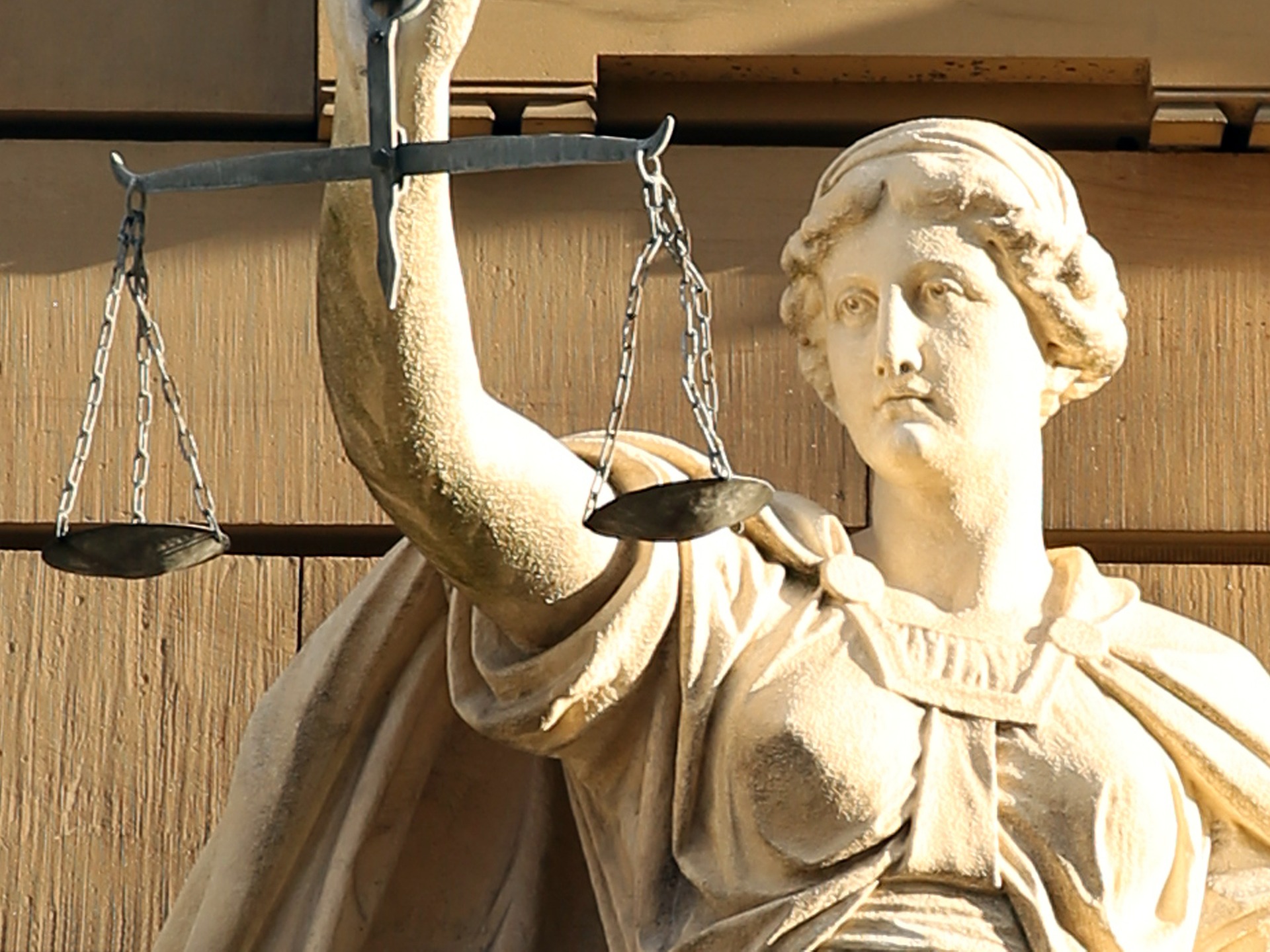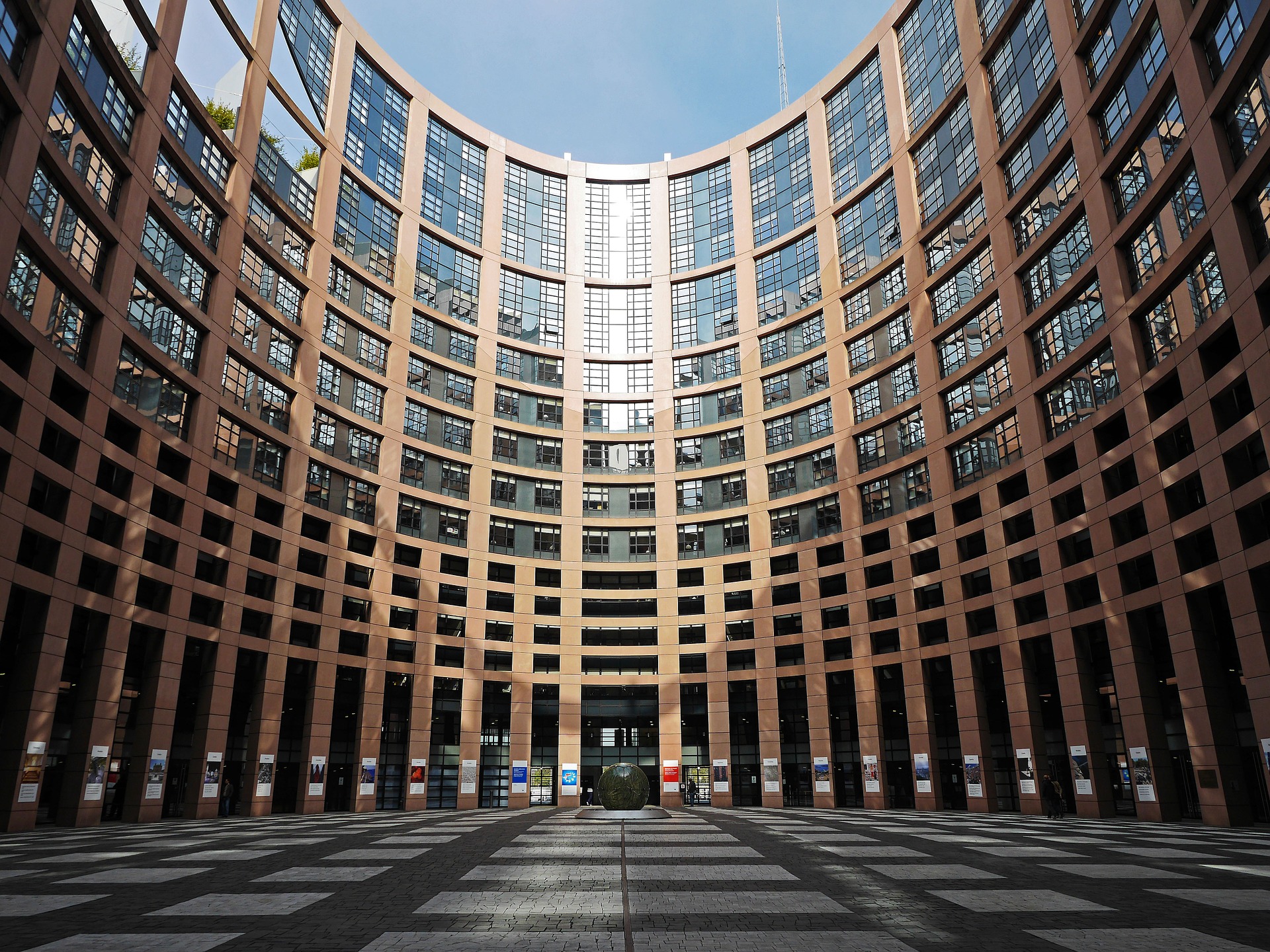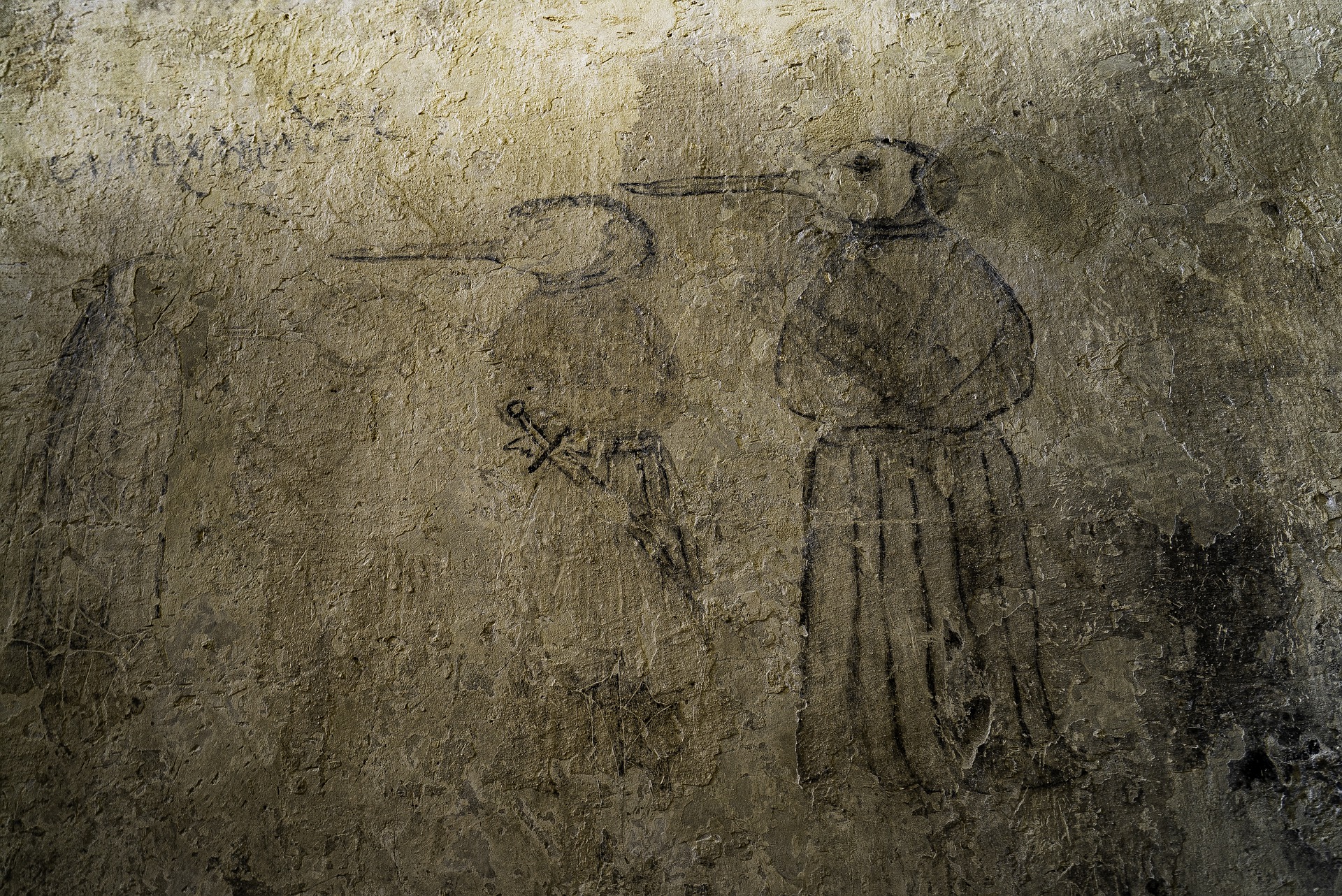Latest blog articles
-
Language plays a fundamental role as a channel for law. It can enable members of society to access justice. Conversely, an inadequate use of language may result in a dissociation of law from a specific society. Language is a fundamental means to convey messages, to know the law, and to shape the law...
-
The Boards of Appeal established for the decision-making agencies perform a function that lies between exercising administrative review, at the one end, and offering judicial review, at the other. It is still unclear in which direction they will ultimately move, and more research in this fast...
-
While we fully agree with the main thrust of the editorial ‘The Exit Door’ on Verfassungsblog last Friday, we would like to warn against its seemingly fatalistic mindset. Yes, a Polexit from the EU is not on the table until the Polish government itself pushes the Article 50 TEU button, but the other...
-
Law is a social science that is subject to mutation. Scholars devote efforts to reconstruct the events and the activities of actors behind those changes. These efforts are many times materialized in comparative legal historical studies that trigger new trends and lines of research. These efforts...
-
On 10 June, the European Parliament passed a resolution on the application of the Conditionality Regulation. In it, it recalls its resolution of 25 March earlier this year where it requested the Commission to adopt the guidelines for the application of the regulation by the first of June.
-
Monographs and law review articles are legal sources that can be better studied and understood by dissecting (Lat. dissecare) or “cutting” them into seven pieces. Looking carefully at those pieces–as when dissecting organisms in biological sciences–can help researchers to work with sources...
-
Historical novels offer a place to outreach for other legal systems, providing laboratories to study and understand law and society. There is especial value in revisiting historical novels that depict law and society, especially in these days of Covid-19. Such is the case of the novel by Daniel...
-
There is value in reflecting on the impact that Covid-19 has on legal education. A first reflection relates to the fact that many state that Covid-19 invites for virtual teaching. Teaching is not virtual, since it is as real as it can get: students and instructors are real, experiences are real.
-
In a reaction to an EJIL: Talk! post by Baetens et al., Arcuri et al. claim that the Dutch parliament has the right to reject CETA and also argue in favour of it doing so. The post by Arcuri et al. raises important points that merit further discussion, among legal academics and practitioners...
-
In a piece published on the Spectator’s website on the 3d October, Steven Barret erroneously argues that the EU cannot sue the UK.









